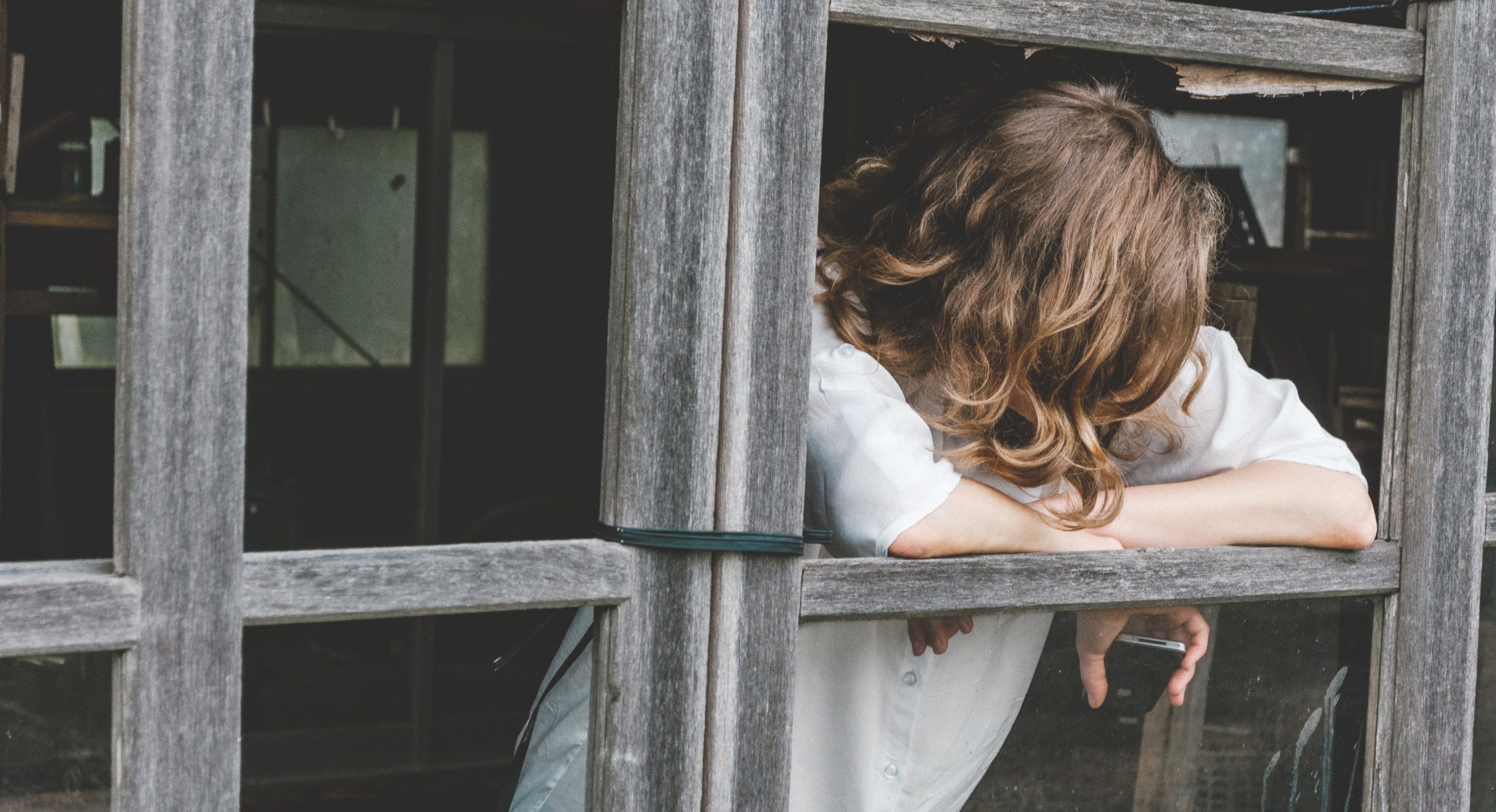Anxiety in teenagers is on the rise. The National Institute of Health reports that one in three teens ages 13 to 18 will be diagnosed with an anxiety disorder. Furthermore, in the last decade, hospital admissions for suicide in teens have doubled. While we don’t understand the upward trend, we do know kids today face a number of unique challenges. Social media, unprecedented pressure to succeed, and violence in schools are all contributors. How can you help? Knowing what anxiety looks like in teens is your first step.
 Avoidance
Avoidance
Teens who are skipping school, work, or social gatherings may be doing so to avoid spikes in anxiety. Isolating themselves from their peer groups, spending time alone, or avoiding extracurricular activities are common behaviors for kids with anxiety. Termed “avoidance coping,” teens are motivated to avoid situations that cause them anxiety. Makes sense, right? Unfortunately, avoiding doesn’t solve the anxiety and often causes additional issues that compound the anxiety.
Irritability
It’s not uncommon for teenagers to be seen as irritable or disagreeable. However, anxiety can give that edginess an extra spin. Teens with anxiety can find themselves feeling amped up, edgy, restless, irritable, or even confrontational. They may have difficulty concentrating or have outbursts that are not proportionate to the circumstances. What looks like anger, defiance, or irritability may very well be anxiety.
It’s Not Just About Feelings
While anxiety can produce feelings of worry, nervousness, or panic, symptoms can also be physical. Psychosomatic symptoms of anxiety can mimic typical teenage complaints making physical symptoms driven by anxiety hard to identify. For instance, stomach aches, aches and pains, fatigue, changes in appetite, GI disturbances, or headaches can all be signs. Look for patterns, one stomach ache—not so much. Frequent stomach aches—something to consider.
Sleep Disturbances
Teens are notorious for staying up late and sleeping in—or at least wanting to! In fact, the difficulty with looking at sleep disturbances when considering anxiety symptoms is that sleep difficulties are universal not just to teens but to people as a whole. If your teen has a change in sleep pattern that is remarkable, has trouble falling or staying asleep, or experiences night mares there maybe more to it than just being a teen.
Poor Performance in School
Anxiety can effect levels of concentration, focus, and comprehension, which we all agree are necessary for good performance in school. It’s easy to pass off poor performance in class work or helping around home as classic side effects of being a teenager. But the fact is, teens want to do well. If they are struggling in school, with friends, or around the house, it may be anxiety.
How Do I Know?
Nearly 80% of teenagers who are diagnosed with an anxiety disorder are not treated. Unchecked anxiety can lead to life-long issues with poor performance in school, employment, depression, substance abuse, and suicide. When anxiety (or a child’s coping strategies to deal with anxiety) begin to interfere with daily life it may be time to consider treatment. If you notice any of these symptoms of anxiety, talking with your teen is your first step. Reaching out to your teen’s pediatrician for evaluation is vital. Above all, anxiety doesn’t have to control your teen’s life, or your own.










